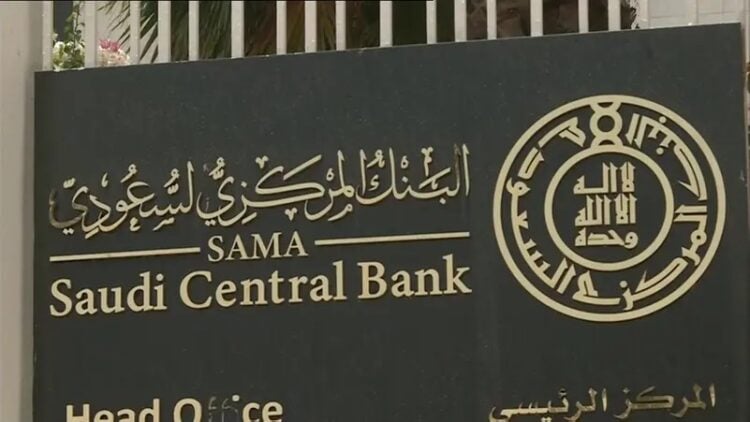Publisher: Maaal International Media Company
License: 465734
SAMA moves towards updating the banking system
اقرأ المزيد
The International Monetary Fund report, issued after Article IV consultations with the Kingdom for the year 2024, revealed a decrease in non-performing loans in Saudi banks to about 1.5% of total loans in 2023, reflecting the strength of credit growth. The total regulatory capital ratio and the basic capital ratio reached 20.1% and 18.6% of risk-weighted assets, respectively.
According to the opinions of the Fund’s experts in the report, the Saudi banking system is characterized by sound conditions and enjoys strong levels of solvency and liquidity. Liquidity and profitability indicators were described as good, in addition to an improvement in the net interest margin as banks raised interest rates on borrowers, despite the increase in costs as a result of the shift in financing the sector towards time deposits and savings deposits.
In another context, stress tests on the strength of the banking sector, conducted through the Financial Sector Assessment Program, showed that the sector’s performance far exceeds Basel requirements (financial solvency, provisioning, and liquidity). The report also agrees with the importance of adopting the new banking system without delay and the need to complete ongoing reform efforts to strengthen financial safety nets, with the government confirming that recommendations will be implemented when the updated banking system becomes effective, including recommendations to improve the licensing process, or strengthen regulations related to the transfer of large ownership, in addition to formulating clear texts on all powers necessary for effective banking supervision.
In a related context, the Saudi Central Bank is expected to submit the updated banking system to the competent authorities in the coming period, according to the International Monetary Fund, which said that the updates aim to enhance the alignment of the regulatory framework with the basic principles of Basel.
Experts indicated that the Saudi Central Bank should continue active cooperation with banks and intensify conducting qualitative field assessments. It is also expected to develop regulatory coverage, such as transfer risks, operational risks, and full management of related exposure risks. The IMF report said that the Saudi Central Bank has made significant progress in establishing the legal framework for interbank settlement, and it now needs to complete the preparation of the necessary implementing regulations. In addition, the Central Bank is required to ensure the effective implementation of the newly issued regulations on Islamic banking, particularly with regard to liquidity risk management through Islamic windows. The Saudi Central Bank, as Secretary of the Financial Stability Committee, is updating the methodology for calculating the National Financial Stability Index by aligning the index structure with the interconnection map. It is also working to address existing data gaps, including improving data collection on the household and corporate sectors, and establishing a framework for monitoring the extent of financial sector exposure to infrastructure projects.









